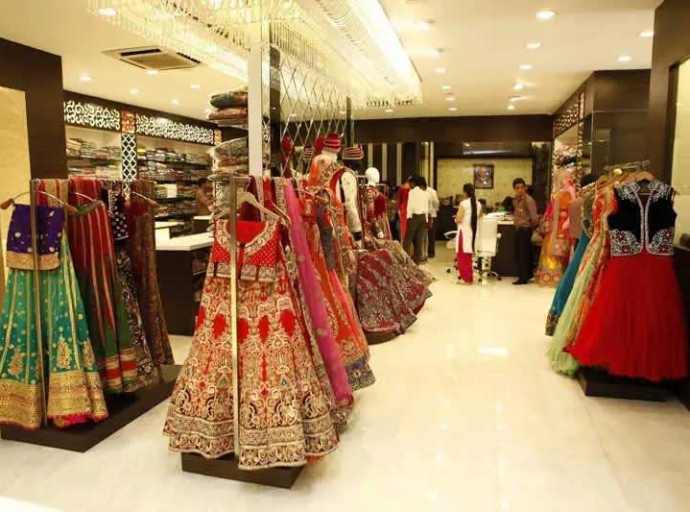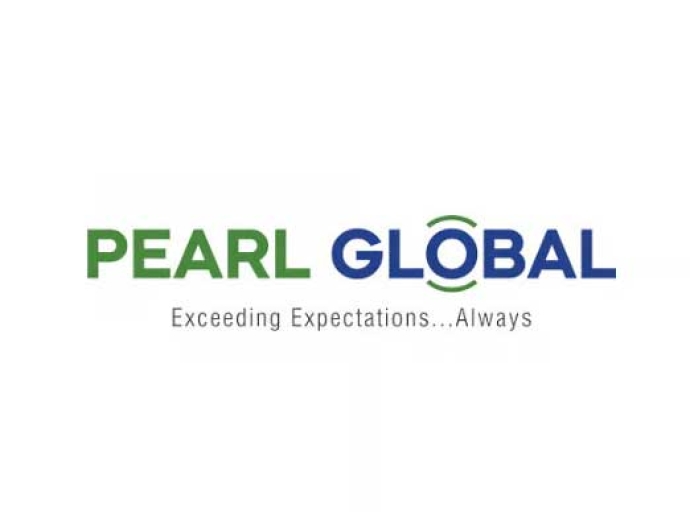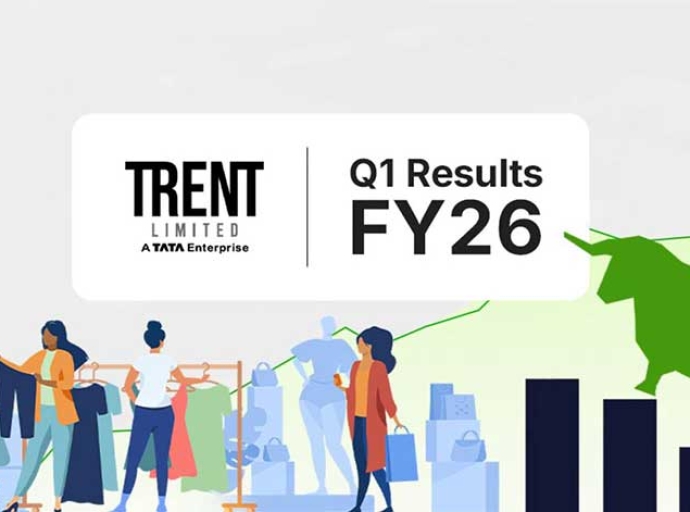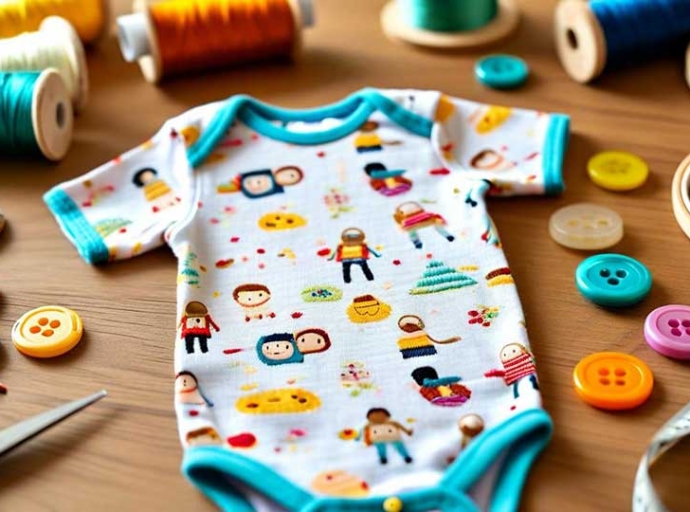India’s retail sector to reach $2 trillion by 2034: Report

On the brink of a transformative journey, the Indian retail sector poised to emerge as a global powerhouse indicates a recent report from the Boston Consulting Group (BCG) and the Retailers Association of India (RAI). With a projected $2 trillion potential, the sector is primed to make a significant impact on the global stage.
Titled ‘Unleashing the $2 Trillion retail potential over the next decade: An assertive agenda,’ the report unveiled at the RAI Retail Leadership Summit underscores the lucrative prospects awaiting in the Indian market.
According to it, luxury fashion brands are being increasingly drawn to India's burgeoning market, with names like Gucci, Cartier, and Louis Vuitton opening their doors in Mumbai's Jio World Plaza Mall. This expansion extends beyond fashion to other segments like jewelry, highlighting the diverse opportunities available. The conducive economic climate, combined with high EBIDTA margins, entices luxury brands to establish or expand their presence in India.
Market penetration and consumer sentiment are key drivers shaping India's retail landscape. Sectors such as jewelry and Quick Service Restaurants (QSR) are poised for rapid growth due to their low current penetration rates. Emphasisng on the impact of electoral cycles on consumer behavior, Bharat Mimani, Managing Director and Partner, Boston Consulting Group, anticipates a potential uptick in consumption post-election. His outlook underscores the dynamic nature of the Indian retail market, offering significant opportunities for domestic and international players alike.
The future of India's retail sector is both challenging and promising, states the report. A deep understanding of market dynamics, consumer preferences, and strategic penetration levels is vital for brands aiming to thrive in this competitive landscape, it adds. The collaboration between global luxury brands and the vibrancy of the Indian market heralds a new era in retail, promising to reshape consumer experiences and business models alike.
Latest Publications

































